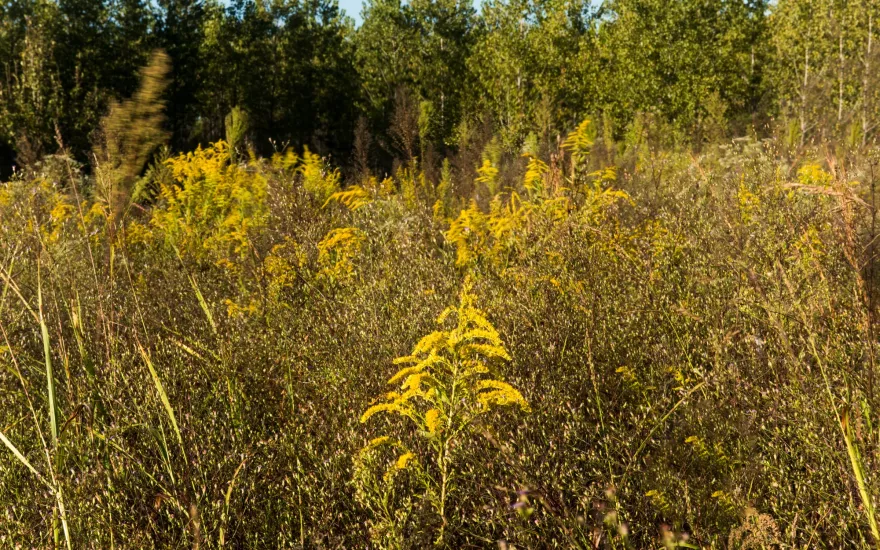Celebrate Arbor Day with 15% off our shop and nursery. Use code LETSGROW. SHOP NOW
Current Projects
Keo Seima Wildlife Sanctuary
Developed and implemented by the Wildlife Conservation Society, this carbon emission reduction program is a key part of Cambodia’s commitment to the Paris Agreement.

Overview of the Keo Seima Wildlife Sanctuary Project
This is the largest carbon emission reduction program in Cambodia’s land use sector. The project protects habitat for Asia’s most threatened species including Asian elephants, gibbons, and the giant ibis. This work is part of Cambodia’s commitment to the Paris Climate Agreement. Formalized land and resource use rights for local communities.
- Type: REDD+, Carbon Reduction
- Partner: Wildlife Conservation Society
- Region/Country: Cambodia
- Standard: Verified Carbon Standard (VCS) and Climate, Community & Biodiversity Standard (CCB)
166K+
Hectares (412,624 acres) of protected forest are home to more than 950 wild species, including 75 globally threatened species
12K
Indigenous Bunong peoples' rights are being defended by this initiative, codifying their rights to ancestral lands and providing sustainable support for community-led initiatives
16M+
Metric tons of carbon credits issued by the American Carbon Registry via 12 successful ex-post verifications
Additional project specification information
Learn answers to several frequently asked questions about the Keo Seima Wildlife Sanctuary REDD+ project.
Mondulkiri, Cambodia
The project crediting term is 60 years (01/01/2010 - 12/31/2069).
01/01/2010
18,874,423 carbon offset credits have been permitted to issue from 1 January 2010 to 31 December 2021.
Project Type: Reduced Emissions from Deforestation and Degradation (REDD+)
VCS Methodology VM0015, version 1.1.
Climate, Community & Biodiversity (CCB) Alliance Standard: Gold
The duration of the VCS project crediting period is 60 years, 1 January 2010-31 December 2069. This is both the project lifetime and the GHG accounting period.
Yes. Third-party verification is completed every 1-2 years.
The project’s estimated annual emissions reductions are 1,426,648.
Details about accountability measures for reversals can be found in the VCS Standard v4.4, section 3.2.20.
Credits from VCS 1650 are issued ex-post. This means credits are only issued after the reductions have been verified by an independent third party. If future emissions reductions do not materialize, credits will not be issued.
All calculation methods for the project and methodology are publicly available in the Project Design Document(s) and registry website, which can be found here.
Learn more
Contact us today
Interested in learning more about this project? Let us know and we will send you some more information.
Photo credits: Filip Agoo / Everland



